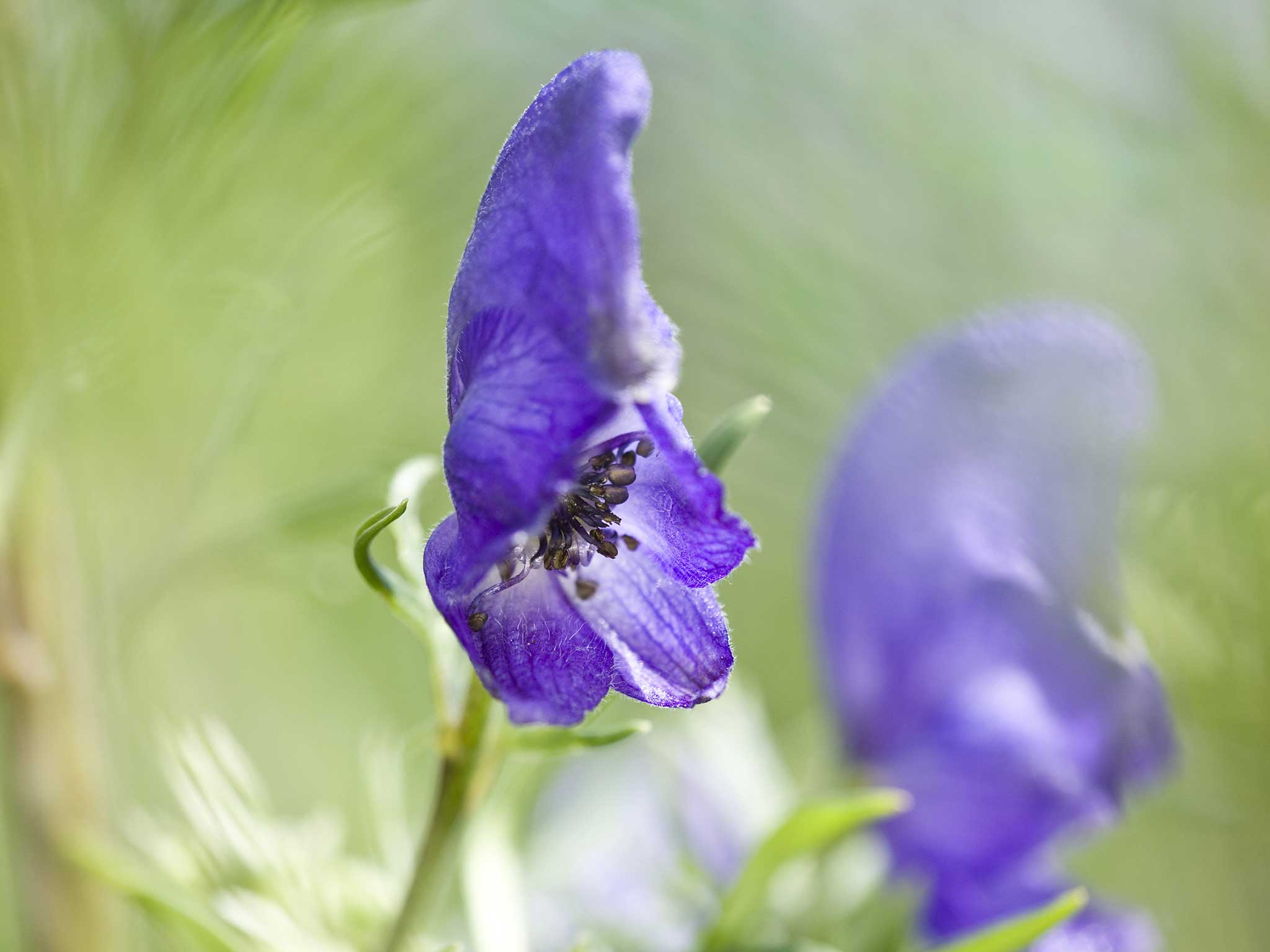Gardener dies 'after brushing against deadly wolfsbane flower' on millionaire's estate
Experienced groundsman is believed to have died after tending millionaire’s sprawling estate in Hampshire

Your support helps us to tell the story
From reproductive rights to climate change to Big Tech, The Independent is on the ground when the story is developing. Whether it's investigating the financials of Elon Musk's pro-Trump PAC or producing our latest documentary, 'The A Word', which shines a light on the American women fighting for reproductive rights, we know how important it is to parse out the facts from the messaging.
At such a critical moment in US history, we need reporters on the ground. Your donation allows us to keep sending journalists to speak to both sides of the story.
The Independent is trusted by Americans across the entire political spectrum. And unlike many other quality news outlets, we choose not to lock Americans out of our reporting and analysis with paywalls. We believe quality journalism should be available to everyone, paid for by those who can afford it.
Your support makes all the difference.An experienced gardener who collapsed and died after tending to a millionaire’s estate may have been the victim of the deadly wolfsbane plant, a coroner has heard.
In a twist worthy of TV programme Midsomer Murders it appeared that Nathan Greenaway, 33, may have brushed against the flower aconitum, also known as Devil’s Helmet and Monkshood, while tending the garden of Millcourt House, owned by retired venture capitalist Christopher Ogilvie Thompson and his wife Katherine.
After collapsing at the million-pound estate, Mr Greenaway was rushed to hospital where despite numerous blood tests, doctors were unable to establish what was wrong and he died from multiple organ failure five days afterwards on 7 September.
It was only after the gardener’s distraught father, Richard, took up investigating his son’s mysterious death that the connection with the deadly plant came to light.
Histopathologist Asmat Mustajab said it was “more likely than not” Mr Greenaway died handling the deadly purple flower to North Hampshire coroner Andrew Bradley.
The toxins of the plant, which is rarely identified as a cause of death despite growing wild across the country, can easily enter the blood if protective clothing is not worn when handling the flower.
Tom Wells, from the Chelsea Physic Garden, said to the Times that wolfsbane was one of the most dangerous plants found in Britain’s gardens.
“The roots are where the highest level of poison is found, although it is still found in the flower,” he said. “If there were cuts on his hand, it would enter his bloodstream and affect his heart very quickly.”
In severe cases the poisoning causes heart arrhythmia, paralysis of the heart and respiratory problems. Other symptoms include vomiting, dizziness and diarrhoea.
Mr Greenaway had been one of a small number of staff employed to care for the gardens and house of the South-African born Mr Ogilvie Thompson and wife in Upper Froyle near Alton, Hampshire.
The sprawling Grade-II listed home, which includes staff cottages, a tennis court as well as a complex of other outbuildings, is reached by a long drive. A member of staff, who spoke to the Daily Mail on condition of anonymity, described Mr Greenaway as “a really nice guy who was really good to work with.”
The Greenaway family say they have faced difficulties in getting to the bottom of their son and husband’s death.
Maggie Bloom, who is representing the family, said in the pre-inquest hearing yesterday that the initial blood sample had been destroyed – despite being against hospital policy – and that later samples that were retained could be useless as the poison leaves the body within a day.
The flower's name proper is derived from the Greek ἀκόνιτον, meaning 'without struggle', while toxins extracted from the flower were historically used to kill wolves, lending itself to its more popular title of 'Wolfsbane'.
Mrs Ogilvie Thompson said she and her husband did not wish to comment on the inquest or the circumstances leading up to their gardener’s death.
Join our commenting forum
Join thought-provoking conversations, follow other Independent readers and see their replies
Comments